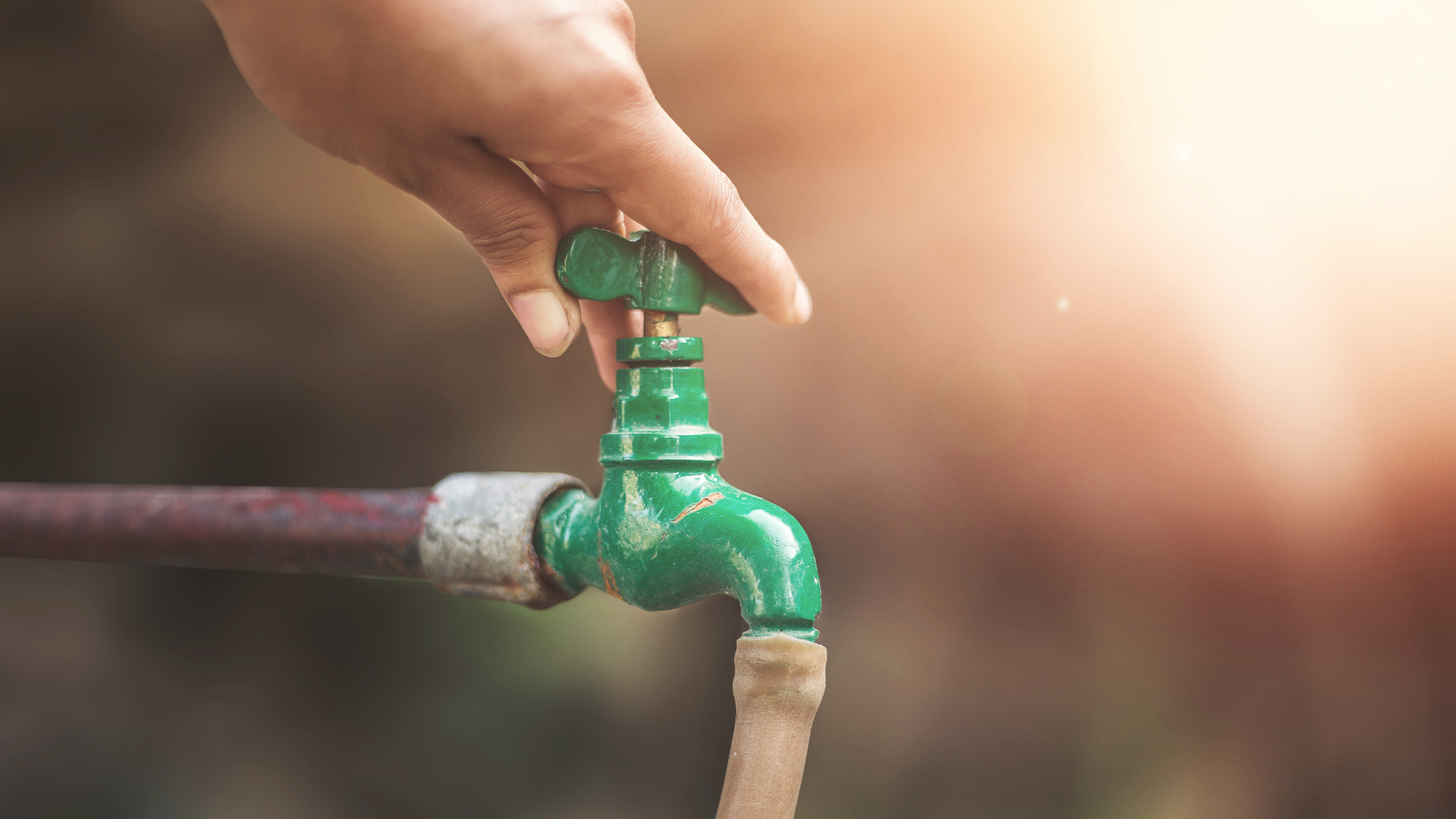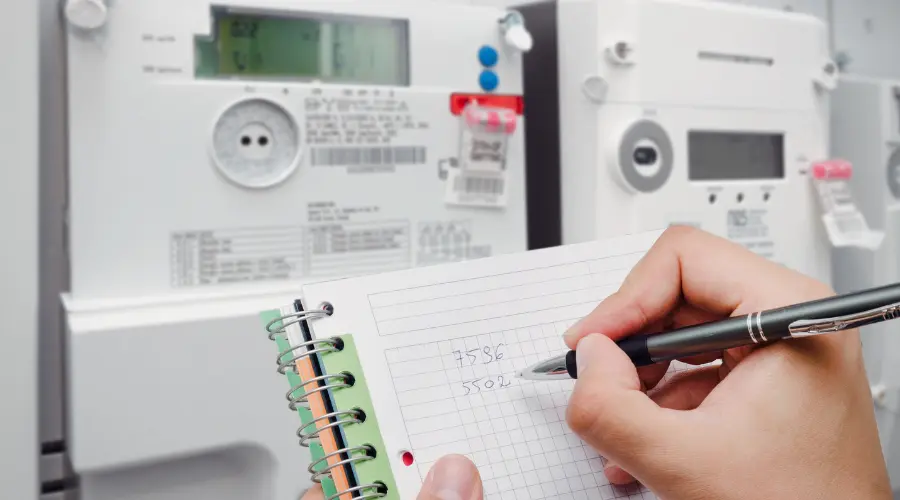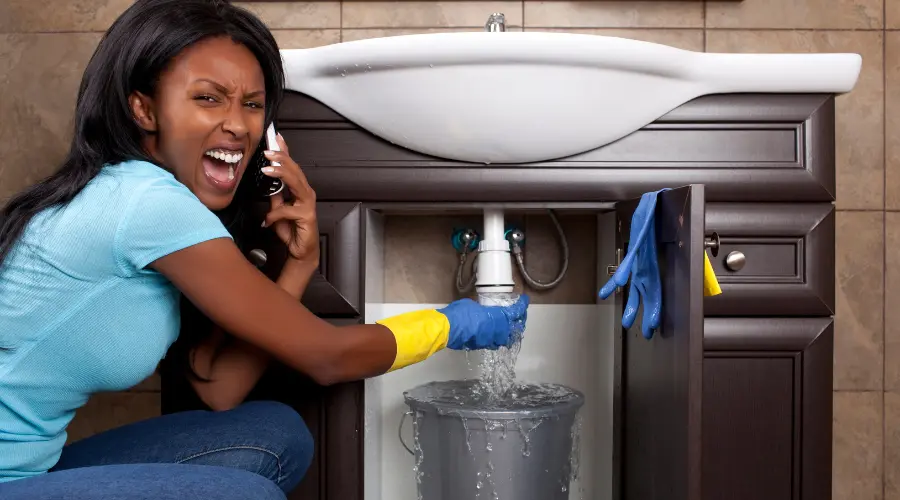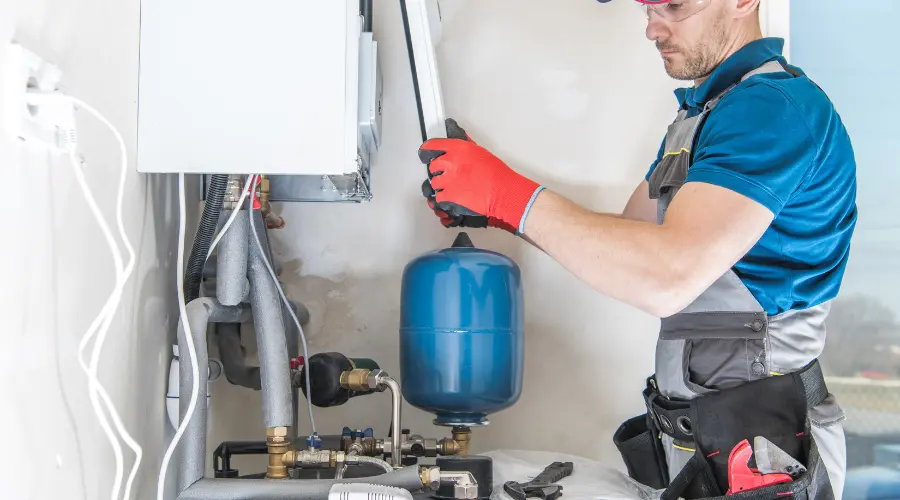In today’s world, environmental sustainability is more crucial than ever, with water conservation playing a key role in reducing our ecological footprint. By conserving water, homeowners can not only protect our planet’s precious resources but also cut down on utility bills. Implementing effective water-saving practices can make a substantial difference. Here’s a comprehensive guide to essential water conservation tips and strategies to help you save water at home.
When updating your current home or building a new one, understanding the role of effective plumbing fixtures is crucial for creating a space that is both efficient and visually appealing. CBJ West New York Plumbing is the go-to choice for residents in West New York, New Jersey, and nearby areas. Our skilled group of plumbers is prepared to tackle everything from minor leaks to extensive plumbing renovations with professionalism and proficiency.
Essential Water Conservation Tips
Conserving water involves using it more efficiently to minimize waste. Consider these practical changes for significant improvements:
1. Fix Leaks Promptly: Leaky faucets and toilets can annually squander hundreds of gallons of water. Examine your plumbing fittings frequently, and patch any leaks immediately. Over time, even small droplets might accumulate.
2. Install Low-Flow Fixtures: Low-flow Toilets, faucets, and showerheads are made to use less water without compromising on functionality. Switching to these fixtures can dramatically decrease your household’s water consumption.
3. Use a Broom Instead of a Hose: When cleaning driveways, sidewalks, and steps, opt for a broom rather than a hose. A substantial quantity of water may be saved by making this easy change.
4. Water Lawns Wisely: To minimize evaporation, water your lawn early in the morning or late in the evening. Incorporate drought-resistant plants and consider using a drip irrigation system to deliver water where it’s needed most.
5. Collect Rainwater: Set up rain barrels to capture Rainwater from your roof. This collected water can be used for irrigation, lowering your reliance on water from municipal sources and promoting a sustainable water cycle.
Effective Strategies for Water Conservation
In addition to individual actions, broader strategies can enhance your water conservation efforts:
1. Educate Your Family: Ensure all household members recognize the significance of water conservation and its application water-saving habits. Collective awareness can lead to more effective conservation efforts.
2. Monitor Water Usage: Regularly review your water bills and usage patterns to identify areas for improvement. Tracking consumption helps measure the impact of your conservation efforts and adjust as needed.
3. Upgrade Appliances: Invest in water-efficient equipment that use less water and energy than others, such washing machines and dishwashers older models. These upgrades contribute to long-term water and cost savings.
4. Implement Smart Irrigation Systems: Smart irrigation controllers Weather and soil moisture levels should be taken into account while adjusting watering schedules. Like this optimization ensures your garden receives the right amount of water, reducing waste.
5. Promote Sustainable Landscaping: Design your garden with water conservation in mind. Use native plants suited to your local climate and incorporate mulch to retain soil moisture and reduce the need for frequent watering.
10 Practical Ways to Save Water at Home
Include these doable actions in your everyday schedule to conserve water effectively:
1. Shorten Showers: Limit your shower time to 5-10 minutes, and consider installing a water-saving showerhead to reduce water flow.
2. Turn Off the Tap: Don’t let the faucet run as you wash your hands, brush your teeth, or doing dishes. Use a glass of water for rinsing instead.
3. Use Full Loads: Run your To save water, only run the dishwasher and washing machine when there are full loads. efficiency and reduce the frequency of washes.
4. Water the Garden Efficiently: To reduce water loss, watering should be avoided on windy days and should instead be done using a soaker hose or drip irrigation system. through evaporation.
5. Cover Pools: Cover your pool to reduce evaporation and keep it clean. This minimizes the need for frequent refilling and helps maintain water levels.
6. Use a Dishpan: When washing dishes by hand, fill a dishpan with water instead of letting the tap run continuously. This method conserves water and makes cleaning more efficient.
7. Install a Low-Flush Toilet: Upgrade to a low-flush or dual-flush toilet to save water with each flush. These toilets use less water per flush compared to standard models.
8. Collect Cold Water: Before hot water reaches the tap, collect the cold water in a container. Use this water for plants or cleaning to minimize waste.
9. Adjust Sprinkler Settings: Ensure sprinklers are not watering driveways, sidewalks, or streets. Adjust settings to focus solely on your garden and minimize overspray.
10. Replace Old Fixtures: To reduce water flow and improve efficiency, replace old faucets and showerheads with newer, more water-efficient models.
Conclusion
Water conservation is both a necessity and a responsibility for every homeowner. By incorporating these water-saving tips and strategies as part of your regular activities, you help create a future that is more sustainable and enjoy reduced utility costs. Every drop counts and your efforts to conserve water will significantly impact the preservation of our planet’s most vital resource. Start today and lead by example—small changes can create a ripple effect towards a more water-conscious world.




